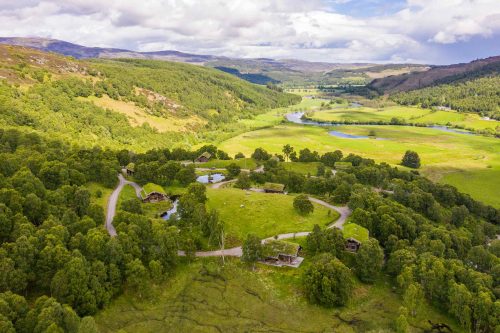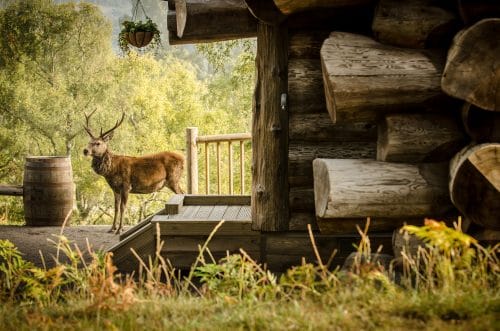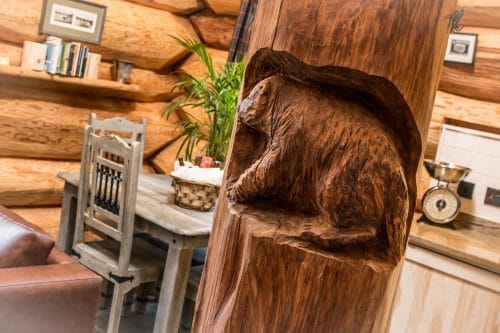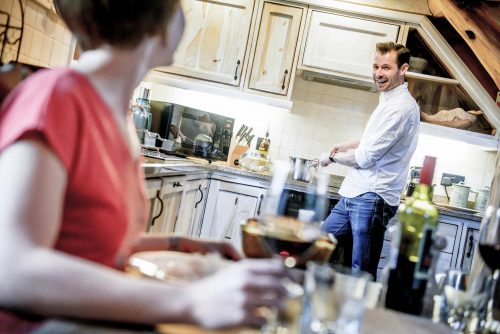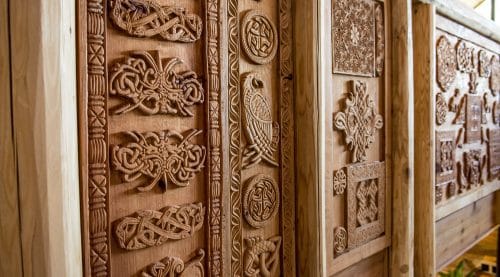Exploring the languages of Scotland
English is the main language spoken in Scotland now, and it has been since the 18th century. But in the mix of languages in Scotland’s Highlands, Scots Language and Scottish Gaelic have a big history and cultural importance. If you’re interested in exploring some of the languages of Scotland during your visit, here’s our guide…
Scottish Gaelic
Scottish Gaelic is a Celtic language and one of the languages of Scotland still spoken today. While less commonly spoken than Scots, Scottish Gaelic holds a significant place in the history of Scotland.
During the late 18th century, the Gaelic language faced severe suppression amidst the notorious Highland Clearances, a consequence of the tumultuous Jacobite uprisings. Despite centuries of persecution against Scottish language speakers, Gaelic is still spoken today by approximately 60,000 Scots.
The Gaelic language traces its origins back to the fifth century, originating in regions such as North Eastern Ulster (a small province in northern Ireland), the Islands of Caledonia and the northwestern coastlines of Ireland.
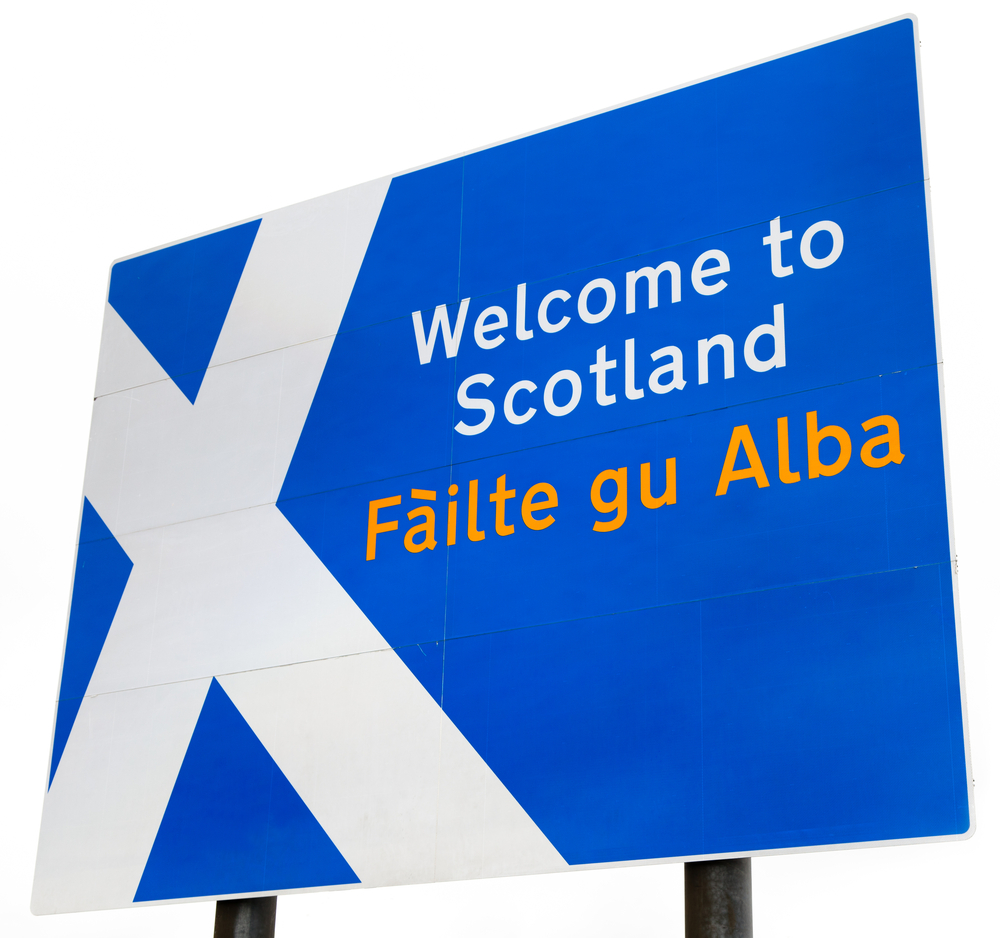
Scots Language
With the diversity of languages of Scotland, Gaelic was once dominant in the Highlands and Islands, while the Lowlands adopted Scots. Unlike Gaelic, Scots is closer to English in style, sparking debates over whether it’s a separate language or just a dialect.
Scots evolved from Northern English, taking over from Scots Gaelic in parts of Scotland between the 11th and 14th centuries due to Anglo-Norman influence. By the early 14th century, Northern English had become the language of many Scottish people in the east and south of the Highlands, while Scots Gaelic remained prevalent in the southwest.
Today, the UK government recognises Scots as a regional language, acknowledging it under the European Charter for Regional or Minority Languages.
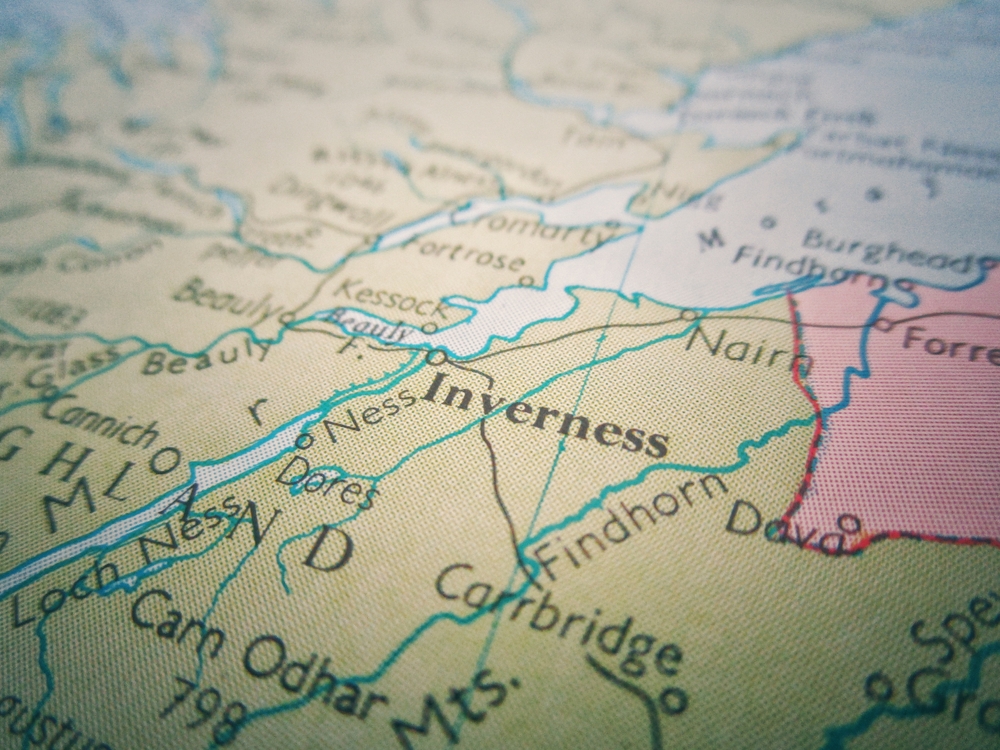
Common words in Scotland
As you explore Scotland you will hear some common phrases from locals. Listen out for these useful words.
Aye – yes
Bonnie – beautiful
Canny – cannot
Craic – fun
Eh? – do you agree?
Scran – food
The land of languages
Scotland values its indigenous tongues, but it’s also a place for various other languages. Renowned for welcoming people worldwide to live, work and study. From those languages spoken by a few to those serving as the main language for entire communities.
There are over 170 languages spoken in Scotland and those include Arabic, Bengali, Cantonese, Dutch, Farsi, French, German, Hebrew, Hindi, Italian, Japanese, Kurdish, Makaton, Mandarin, Punjabi, Polish, Spanish, Turkish, Urdu plus many more.
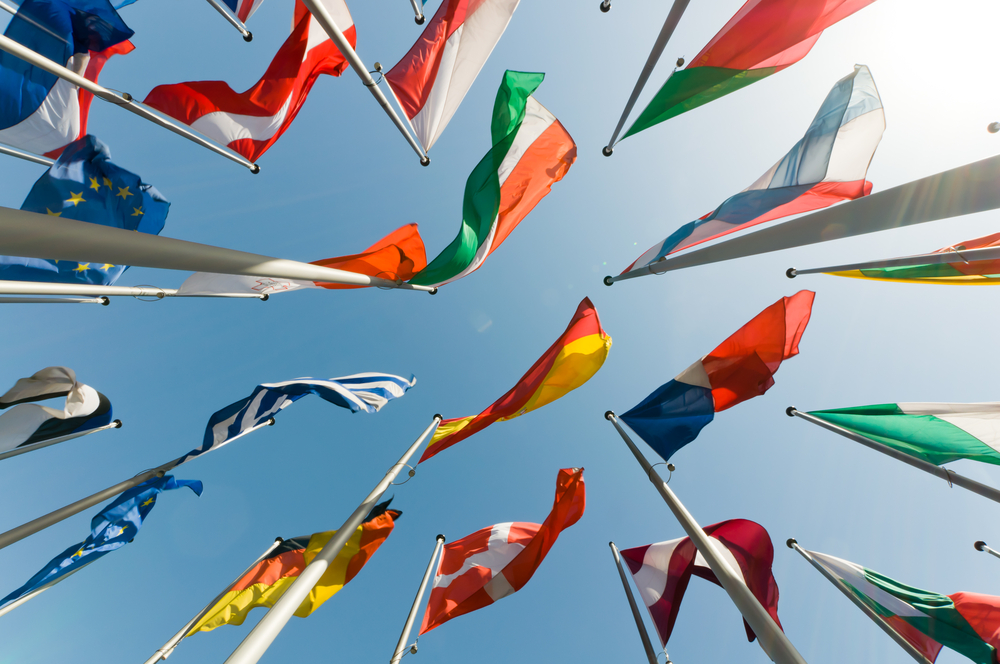
After a day of exploring, unwind at Eagle Brae, a cosy log cabin retreat tucked away in the Scottish wilderness. Book your stay now and make the most of your visit to the Scottish Highlands.








